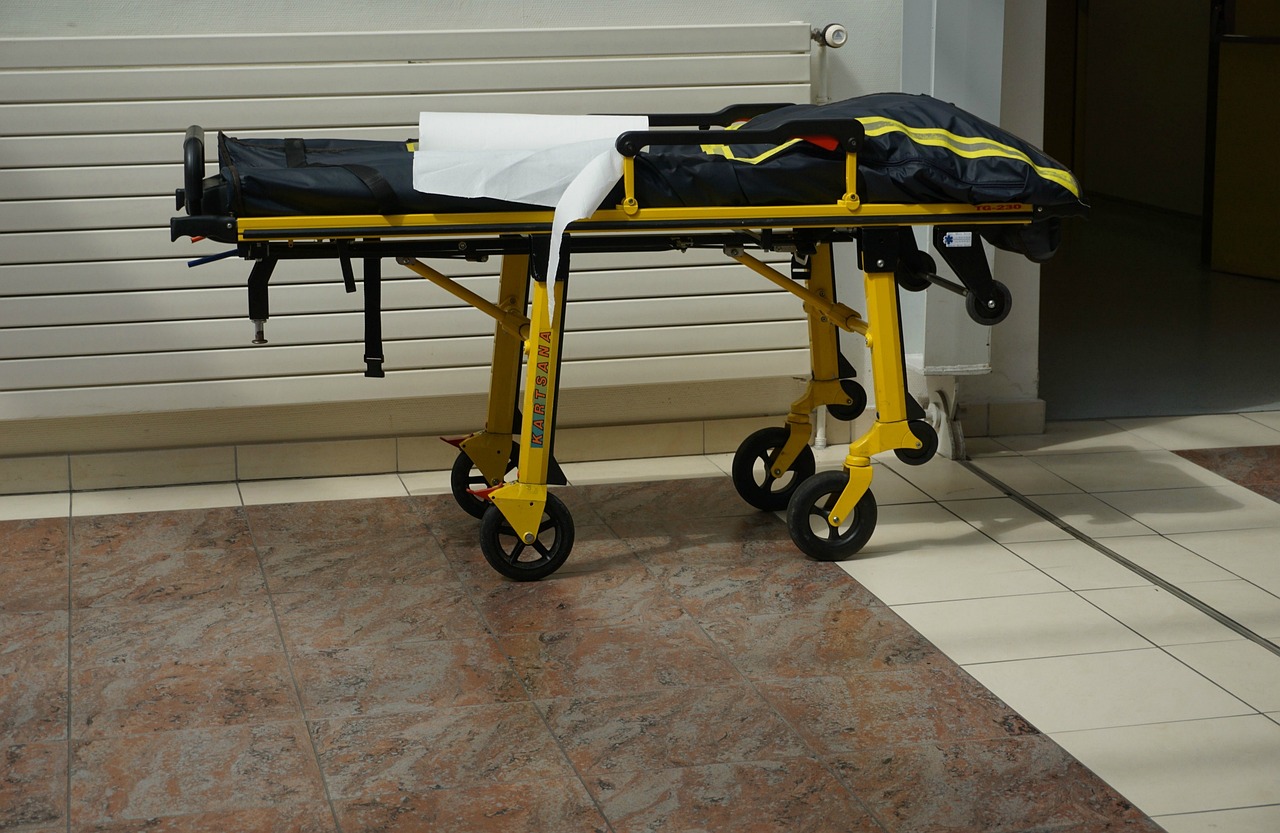The Role of Technology in Health Progress Assessment and Enhancement
Health monitoring devices have undergone significant advancements over the past few decades. From simple pedometers that counted steps to sophisticated smartwatches capable of tracking various health metrics, the evolution of these devices has been remarkable. Originally designed to monitor heart rates, these devices now offer an array of features including sleep tracking, calorie consumption, and even stress level detection.
The integration of technology like Bluetooth and cloud computing has expanded the capabilities of health monitoring devices. This connectivity allows users to easily access and analyze their health data through mobile apps or web interfaces. Moreover, the miniaturization of sensors and the improved battery life have enabled these devices to be worn comfortably for extended periods, making health tracking more convenient and accurate for users.
Advancements in Telemedicine
Telemedicine has witnessed significant advancements in recent years, revolutionizing the way healthcare is accessed and delivered. With the integration of technology, patients can now consult with healthcare providers remotely through video conferencing, phone calls, or even secure messaging platforms. This has not only improved access to medical care for individuals in remote or underserved areas but has also enhanced the overall efficiency and convenience of healthcare services.
Furthermore, telemedicine has proven to be particularly beneficial during public health crises, such as the COVID-19 pandemic, where social distancing measures have limited in-person visits to healthcare facilities. Through telemedicine, patients can receive timely medical advice, prescriptions, and follow-up care without the need for physical contact, reducing the risk of virus transmission while ensuring continuity of care. These advancements highlight the crucial role that telemedicine plays in expanding healthcare accessibility and promoting patient-centered care in the modern healthcare landscape.
• Telemedicine allows patients to consult with healthcare providers remotely through video conferencing, phone calls, or secure messaging platforms
• Improved access to medical care for individuals in remote or underserved areas
• Enhanced efficiency and convenience of healthcare services
• Particularly beneficial during public health crises like the COVID-19 pandemic
• Patients can receive timely medical advice, prescriptions, and follow-up care without physical contact
• Reduces risk of virus transmission while ensuring continuity of care
• Crucial role in expanding healthcare accessibility and promoting patient-centered care
The Impact of Wearable Technology on Health Tracking
Wearable technology has revolutionized the way individuals track and manage their health. These devices, such as fitness trackers and smartwatches, provide real-time data on various health metrics, including heart rate, activity levels, and even sleep patterns. By wearing these devices throughout the day, users can gain insights into their overall well-being and make informed decisions to improve their health.
The convenience and accessibility of wearable technology have made health tracking more seamless and integrated into daily life. With the ability to sync data to smartphone apps and other devices, individuals can easily monitor their progress, set goals, and stay motivated to lead a healthier lifestyle. Additionally, the personalized feedback and insights provided by these devices empower users to take control of their health and make proactive choices to optimize their well-being.
What are some examples of wearable health monitoring devices?
Some examples of wearable health monitoring devices include fitness trackers, smartwatches, and medical alert systems.
How has wearable technology improved health tracking?
Wearable technology has improved health tracking by providing real-time data on key health metrics such as heart rate, sleep patterns, and physical activity levels.
Can wearable technology help with early detection of health issues?
Yes, wearable technology can help with early detection of health issues by alerting users to abnormal patterns or changes in their health data.
How has telemedicine been impacted by wearable technology?
Telemedicine has been impacted by wearable technology by allowing healthcare providers to remotely monitor patients’ health data and provide more personalized care.
Are there any privacy concerns with using wearable health monitoring devices?
Yes, there are privacy concerns with using wearable health monitoring devices, as they collect and store sensitive health data that could be at risk of being hacked or breached.
How accurate are wearable health monitoring devices?
The accuracy of wearable health monitoring devices can vary depending on the device and the metrics being measured, but overall they have improved in accuracy over the years.
Can wearable technology replace traditional healthcare check-ups?
While wearable technology can provide valuable health data, it is not meant to replace traditional healthcare check-ups and should be used as a supplement to regular medical care.







